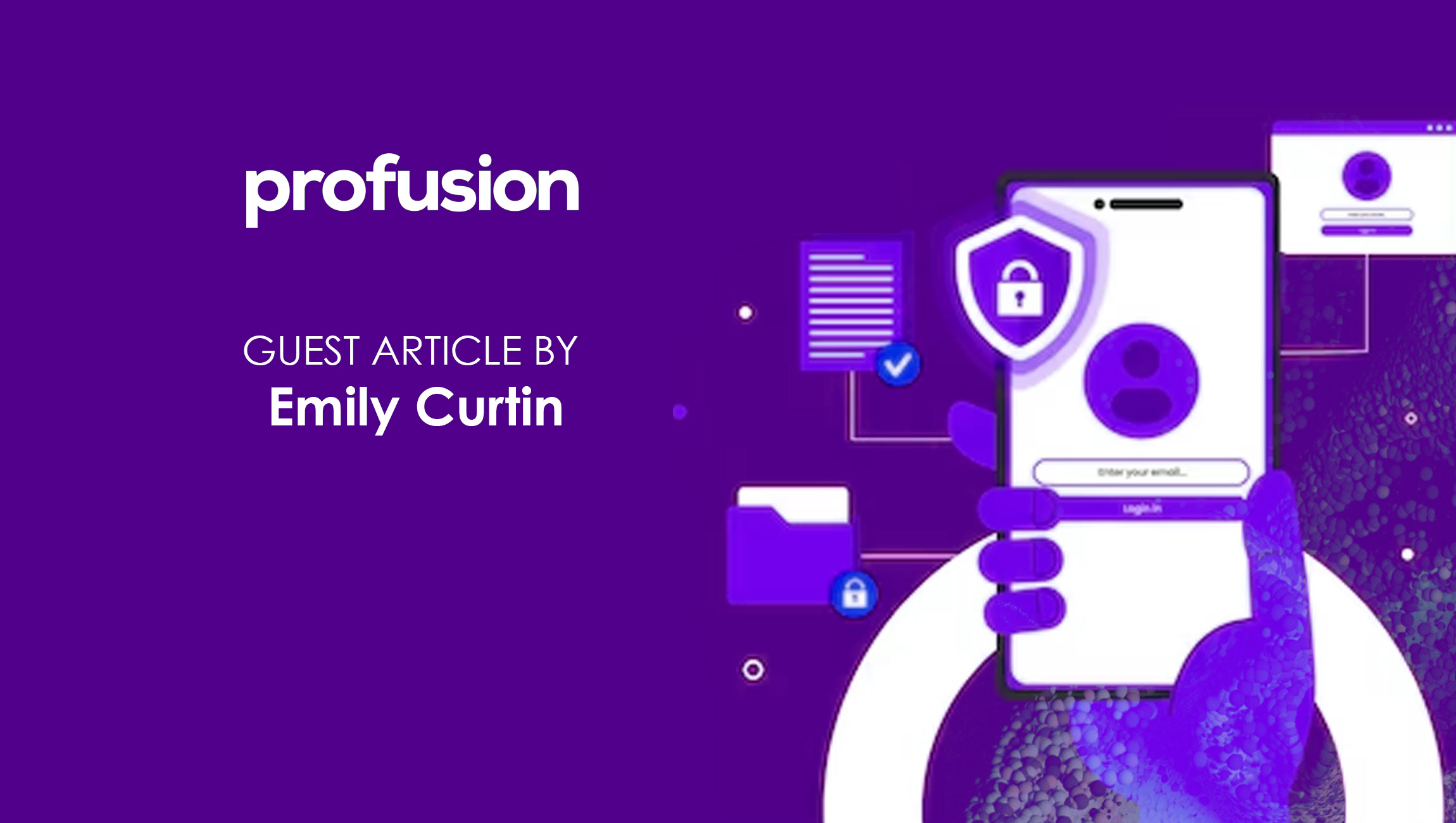Emily Curtin, Chief Commercial Officer at data consultancy Profusion, in this article she explores how marketers can strike the balance between providing a hyper-personalised experience while also protecting their customer’s privacy.
As today’s digital-first consumers continue to demand more relevant, tailored-made experiences, hyper-personalisation is quickly becoming an essential part of any successful marketing strategy. Put simply, it involves collecting and analysing real-time behavioural customer data to create customised marketing messages and one-of-a-kind experiences. And it’s a trend which is catching on – according to research from McKinsey and Company, 71% of consumers expect personalised interactions, and 76% are frustrated without it.
This sentiment is echoed in our own recent research into how consumers feel about online marketing and privacy. Having asked 1,000 consumers what they liked most about marketing communications – 65% said, ‘personalised offers and recommendations’.
However, while it may be clear that hyper-personalisation offers huge opportunities, that is not to say that getting it right is easy. Far from it. Most of us, after all, will have experienced that all-too-familiar scenario where an online ad pops up and feels so targeted that you think to yourself, ’how did they know I wanted that?’. Far from thinking that it’s a clever piece of marketing, you end up feeling slightly creeped out. Is that company reading my WhatsApp, is it listening to me talk via one of my smart devices, is it monitoring my emails?
Indicative of this delicate balancing act marketers face in appearing impressive rather than invasive, one recent report reveals 64% of UK consumers believe cookie tracking is “creepy”. Amongst our own research, some of the strongest sentiments that were expressed were against retargeting – 67% report a strong dislike, with one third saying they were ‘creepy’ and 43% believe social listening is a violation of their privacy. A separate global study finds many targeted ads and personalised emails are more likely to appear “creepy” amongst Boomers, while younger generations found such marketing techniques to be “cool.”
Marketing Technology News: MarTech Interview with Karen Ng, SVP of Product and Partnerships at HubSpot
Put this all together and it’s evident that while people certainly like personalisation – there isn’t a simple ‘one-size-fits-all’ approach to what people find useful or what they would consider creepy. Generally speaking though, drawing on my many years in the sector my view is that it comes down to two important factors – the control people feel they have over how their data is used and what they get in exchange for giving up personal information.
If I had written this article a few years ago, I probably would have spent my time trying to define some guidelines for how ‘personalised’ a communication can get before it will make the recipient feel uncomfortable and actually result in brand damage. However, our relationship with online privacy has changed substantially. People understand what GDPR is and are more than willing to exercise their privacy rights, for example, by blocking cookies. It is no longer about how personalised a message is, it’s about whether the customer understands how a brand got the information that underpinned the message and whether they consented for it to be used in this way.
Marketers need to change with the times. Historically, the industry has done an astonishingly poor job of keeping consumers informed and educated about how their data is collected and used. Take for example, the severe underreporting of Apple’s tracking pixel ban just a couple of years ago. If the industry doesn’t change its approach, big tech and governments will continue to feel there is a need to reign in the marketing industry. The consequences could be pretty dire for both marketers and consumers – inciting consumers to choose ‘opt out’ as the default position. Untailored content is naturally much less effective because it provides a worse customer experience. People will get more irrelevant information and emails may be delivered too frequently or not often enough for their preference. As standard personalisation makes way for greater hyper-personalisation amongst the big brands, those businesses that fail to keep up through lack of intel could risk not only losing custom and limiting growth, but seriously putting their future in jeopardy. This becomes even more pertinent in the context of recent major technological breakthroughs in generative AI, VR and AR, offering vast new opportunities in content creation and digital storytelling.
Creating a personalised marketing campaign needs to start with privacy in mind. Marketers need to ask themselves, have I told these recipients how their data was collected and used, am I being transparent and seeking to educate not trick, is it clear how they can opt-out of future comms of this nature, and, have I made a fair value exchange? Our research clearly shows that building this approach into all your comms will go a long way to getting your customers on board. Not only will this improve the effectiveness of your campaigns, it will also help build confidence amid an exciting technology-fuelled year ahead.
Marketing Technology News: The Balancing Act of CX: Privacy Awareness and Personalization











